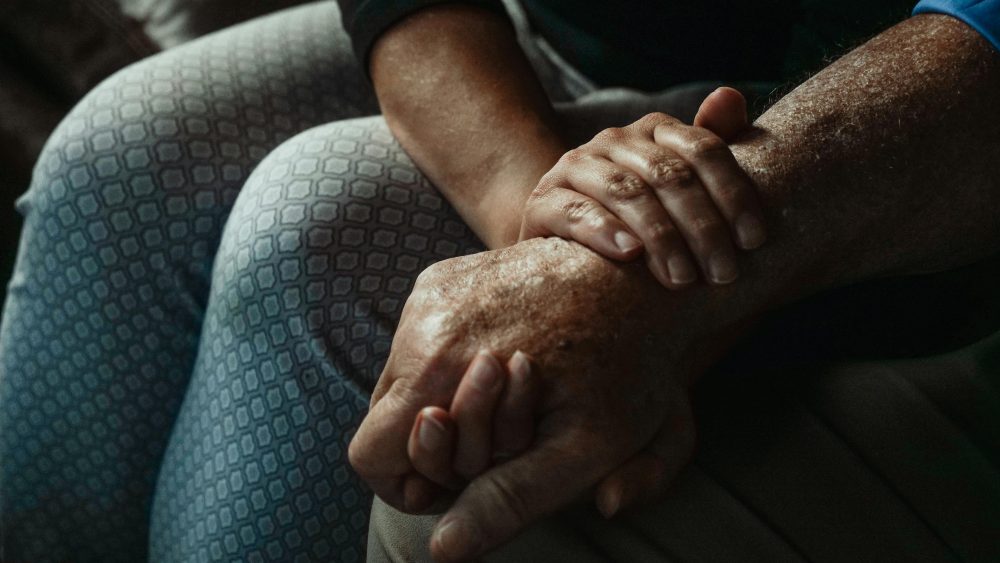Today is World Mental Health Day, a day of action and commitment and focus – towards promoting acceptance, diversity and empowerment, or redirecting resources or raising awareness. But working towards better mental health doesn’t need to be all big gestures and major action. We can engage in gentler, more personal and reflective ways. Happy City’s Byron Lee makes the case for the compassionate pause.
A while ago, I was on my way to a conference, and apart from the late running train, my journey was uneventful. Yet on arriving at the venue I was feeling slightly uncomfortable about something but I couldn’t quite work out what. Then it dawned on me. I was at the conference to speak about kindness in leadership, and in particular how we can bring empathy into our everyday work and lives. And that morning, being totally focused on getting to the venue on time, I hadn’t fully appreciated that a colleague I had spoken with that morning was in need of some support and I hadn’t engaged with them. In that moment, I felt a bit of a fraud. How could I, someone who is committed to building a compassionate world for all, fail to notice that someone needed my help?
This personal account is a reminder that in our everyday lives there are occasions when we can easily miss the opportunity to take action in support of others. Not because we don’t care. More often than not, it’s because we simply didn’t pause and take notice.
So, compassion and compassionate conversations start from a simple, but critical point. The capacity to pay attention to what is going on around us. Whether it is about listening with our full attention, or taking the time to find out what is concerning the people around us, our compassion starts with taking the time to be aware of another’s difficulties or ‘suffering’.
Yet this awareness alone this is not enough for our response to be described as compassionate. We next need to feel a concern for the welfare of the other person. Evidence shows that how we feel toward another makes a difference. In practice, if we feel a sense of warmth toward someone, even a stranger, we are more likely to feel connected and motivated to want to help. And if we combine our empathic concern for another with an empathic understanding of the person’s needs, our responses and actions will be experienced as supportive and compassionate.
This sounds simple. And it is. The challenge is remembering to cultivate our natural instinct for compassion toward our fellow beings. To pause and remind ourselves, in words of the Dalai Lama, “Every human being has the same potential for compassion; the only question is whether we really take any care of that potential, and develop and implement it in our daily life.”
Byron Lee, Head of Training and Consultancy, Happy City
Photo by Kindel Media: https://www.pexels.com/photo/a-close-up-shot-of-people-holding-hands-8172603/



Comments are closed.